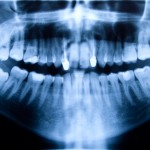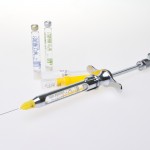
This review comparing the efficacy and safety of currently available local anaesthetics for lower third molar extraction included 24 RCTs. The findings suggest that 4% articaine was the most effective and lidocaine the safest.
[read the full story...]


